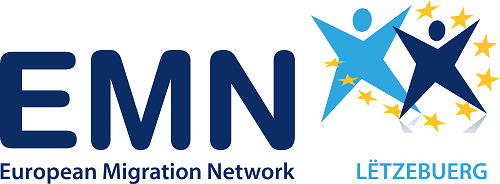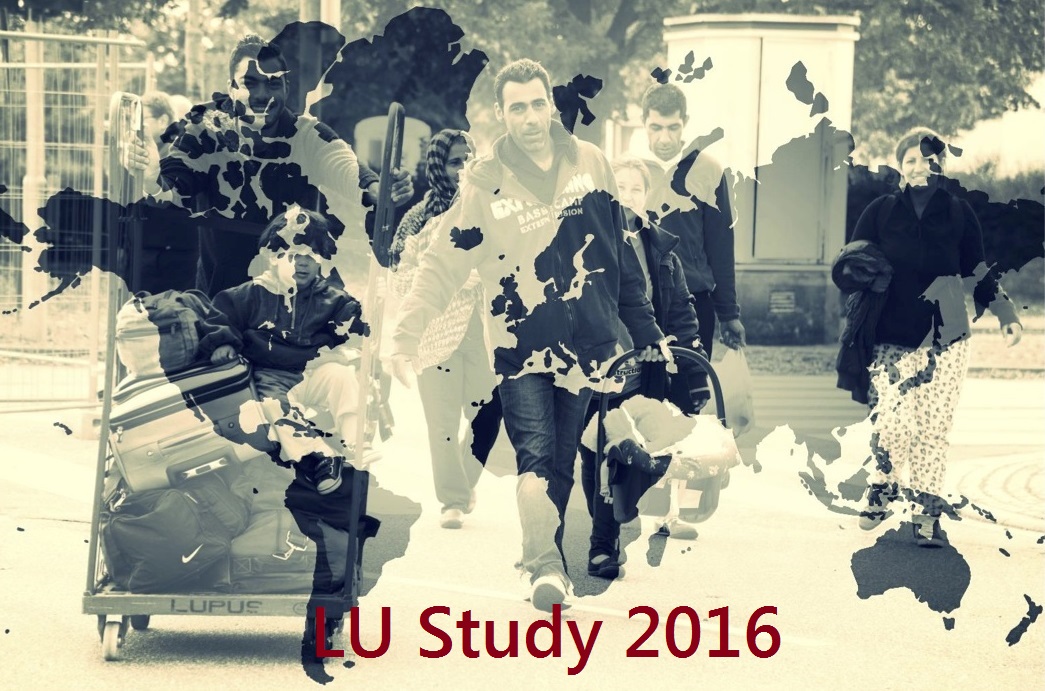Integration of beneficiaries of international protection into the Luxembourgish labour market might appear quite unproblematic at first glance. From a legal point of view, the access is indeed very much open to both beneficiaries of international protection as well as beneficiaries of subsidiary protection. As from 2006 onwards, the legislator proceeded with an approximation of both statuses, providing the same rights to both types of beneficiaries of international protection. As soon as the applicants are granted international protection they are authorised to engage in employed or self-employed activities under the same conditions as Luxembourgish nationals, with the exception of civil servant jobs. This is also true for most of the support measures that aim to advance or enhance the access to employment, whether on the level of education, vocational training, language learning, recognition of diploma, counselling, social aid or access to housing. In each of those areas, the beneficiaries of international may in principle benefit from equivalent access as provided to other migrants, third-country nationals or Luxembourgish nationals. The authors of the new Law of 18 December on international protection were also very clear on the fact that the content of the international protection would remain exactly the same as is in the former law.
Yet, the reality on the ground seldom matches the aims of the legislative framework. Effective access to the labour market remains a significant challenge for beneficiaries of international protection in order to fully integrate in Luxembourgish society. The linguistic regime as well as the high demands in terms of language requirements constitute a first major hurdle, both at the level of education/vocational training and the labour market. Rather than being able to immediately access the regular education system, respectively the labour market, refugees must first engage in a learning process sometimes coupled with administrative procedures (i.e. recognition of diplomas) that may significantly slow down the integration process.
The transition period that begins once the applicant is granted international protection status appears to be particularly challenging. Indeed, several measures from which the applicants for international protection benefited during the procedure will no longer be available once they are granted the status. Thus, social aid, including housing, provided to international protection seekers will no longer be applicable to refugees. Even though national authorities have implemented several specific targeted measures in order to facilitate the transition period (i.e. progressive financial contribution to accommodation costs), it remains a phase of instability and uncertainty for the refugees and their families.
This also stresses the need for employment-related support measures, which in Luxembourg are implemented in a more general integration framework. Thus, most of the support measures that exist for beneficiaries of international protection are not tailored to them in particular, but they are also open to other types of migrants or foreigners living in Luxembourg.

